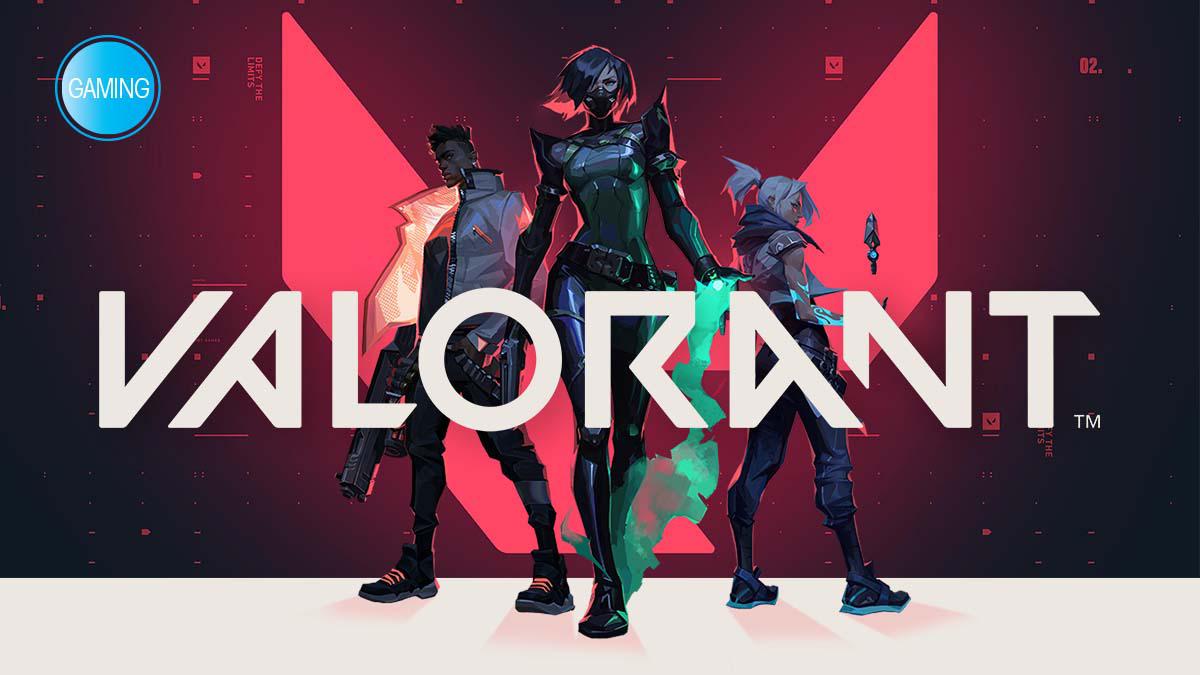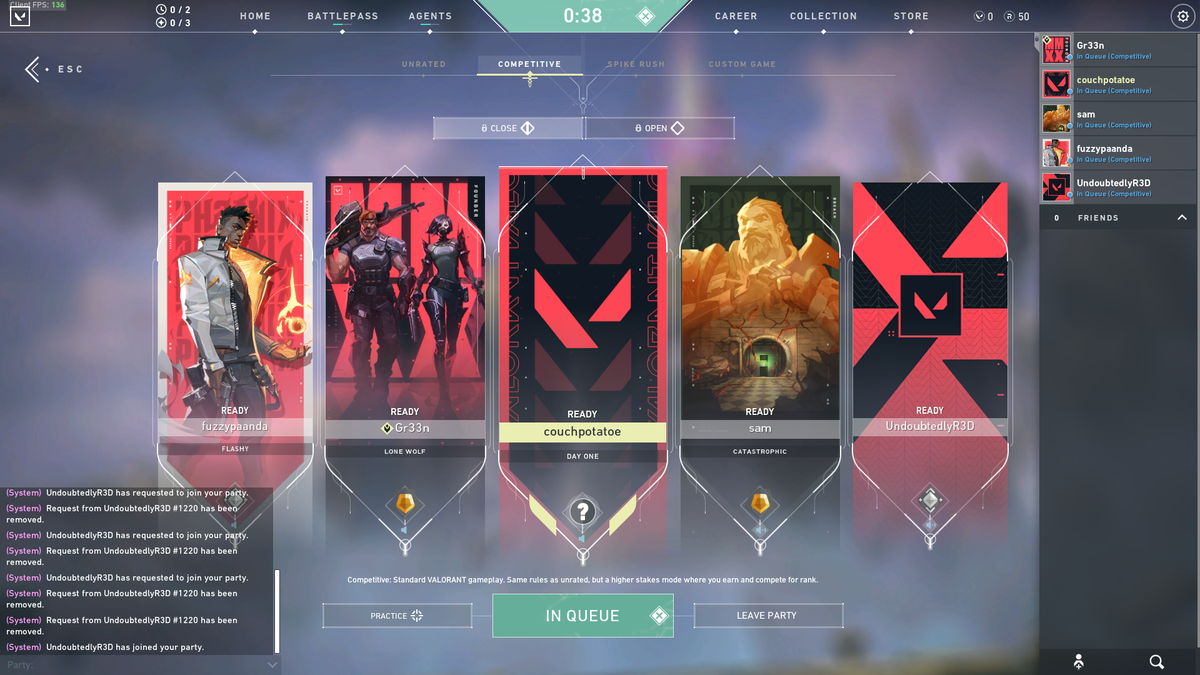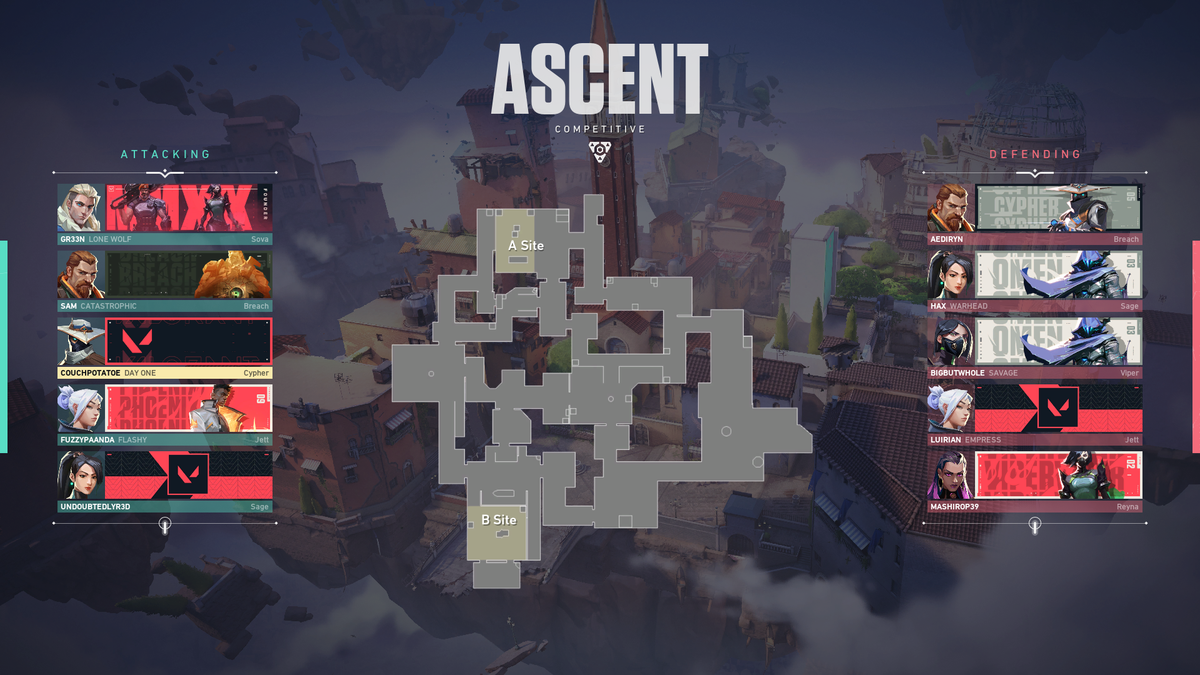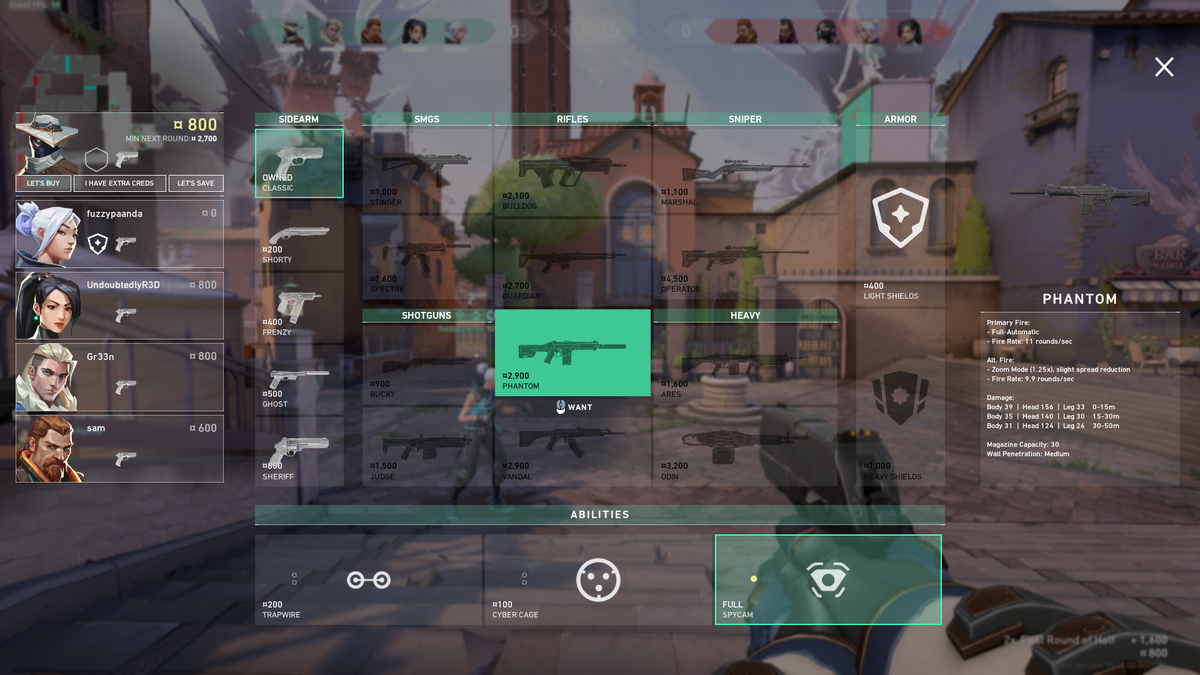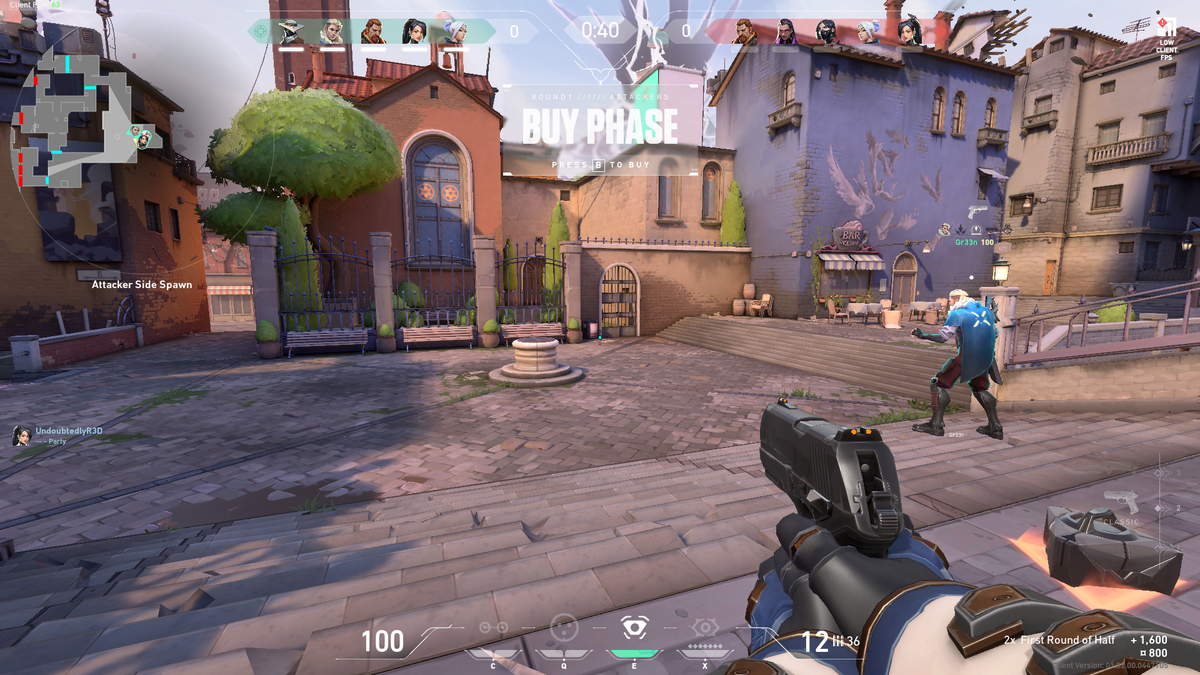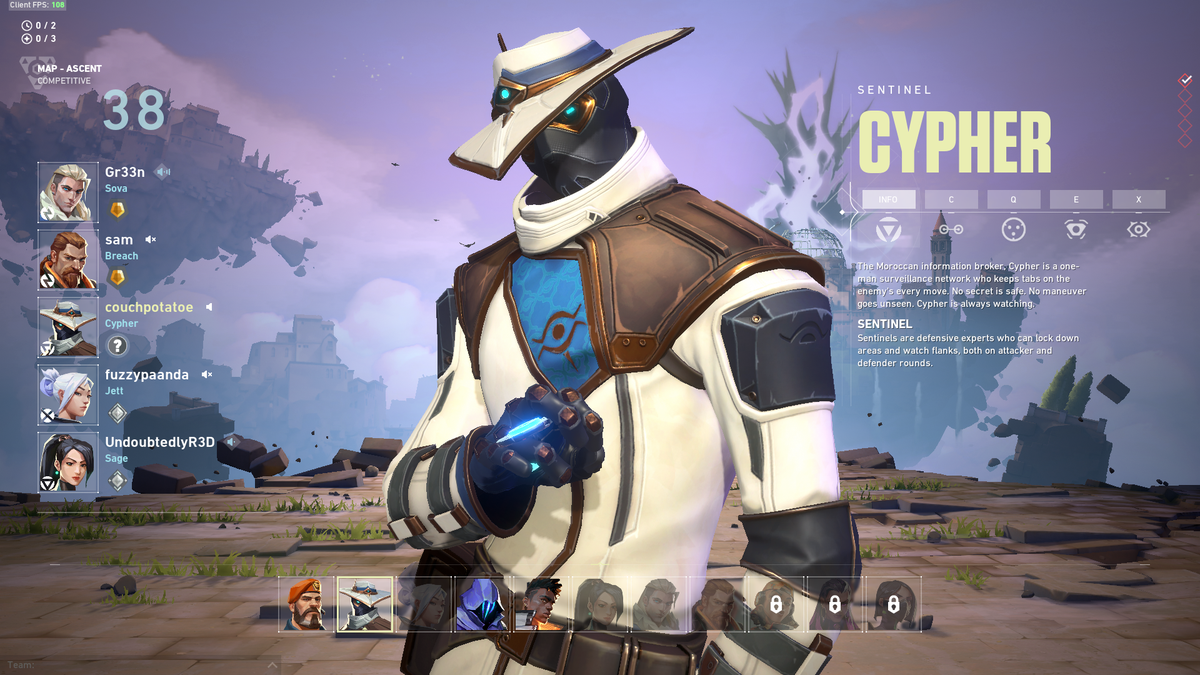When Valorant was announced as “Project A” during Riot Games’ 10 years of League of Legends anniversary event, many were intrigued. For the last 10 years, Riot has devoted all of its resources into its bread and butter, League of Legends. A stand-alone spin-off, let alone a different game seemed far-fetched. So is Valorant the next big Riot hit, or should the MOBA giant stay in their game?
Valorant is a free-to-play, character-based, tactical first-person-shooter developer by Riot Games. The game launched just last June 2, 2020, but due to the hype surrounding the game, it already had a following even before the global launch. The game had already broken streaming records last April during its limited closed beta testing in the US, Europe, and CIS regions.
When the game was first announced last October, it raised a couple of questions as to how Riot would implement character abilities in a tactical FPS but once you play the game for yourself and listen to some pros talk in their streams, you realize that it all made sense. Adding characters with unique abilities took strategizing to the next level, with teams choosing the right character even before the match begins.
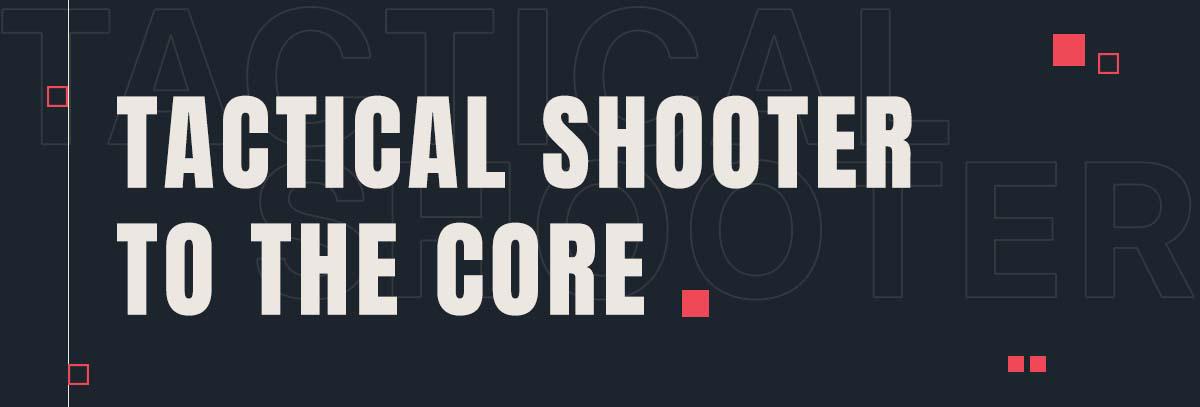
Prior to launch, a lot of fans have speculated that the game is a mix of Valve’s Counter Strike and Blizzard’s Overwatch, but upon playing the game you’d be quick to note that it mostly shares the tactical aspects and objectives of Valve’s shooter over the latter.
Currently, Valorant has three game modes, the normal game, the ranked or competitive mode, and Spike Rush. All three share the same objective, one team plants the bomb (or in this case the spike) in the designated zone while the other team prevents them from doing so. Each game (except Spike Rush) is a best of 25 rounds, with the teams switching sides after the first 12 rounds. The Spike Rush mode is a quicker game mode with power up orbs scatter across the map.
Like Counter Strike, players need to buy their guns and armor during the start of each round. Round wins grants more money however consecutive losses also grants losing teams bonus money to keep an even playing field. Players also earn extra funds for kills and completing game objectives such as planting the spike or defusing it. While you can continuously buy guns, it’s important to keep track of your money and know when to buy what to keep your economy healthy.
Valorant currently has 11 playable agents each has its own unique abilities which replaces the common utilities. Each agent has four unique abilities, three of which are available to buy during the start of a round while the fourth is the agent’s ultimate ability which can only be earned by completing objectives such as getting kills, defusing the spike, and grabbing the ultimate orbs around the map. You can also gain one ultimate orb for dying so you can cast an ult in a half, but where’s the fun in that?

What makes Valorant fun to play is the numerous different play styles you can create using the different agents’ abilities. Certain agents such as Cypher and Sova are used to gather intel thanks to the location revealing abilities they offer.
Others such as Duelists Jett, Raze, and Reyna have massive mobility to help players play aggressive when entry-fragging or camping unusual angles when defending.
My personal favorite, Omen, can be used as a control type of character providing smokes and blinds with his abilities. Yet he can also be used as an entry-fragger thanks to his small teleporting ability to quickly get in or out of fire or defend sites at a weird and usual angle.
Another thing Valorant does well is its various audio cues. I found that the game’s audio cues add heavily in its tactical aspect, from determining enemy locations to the satisfying “dings” when you get a kill. The sound also adds to the overall immersion of the agents, with the game giving you, your teammates, and enemies different cues for each ability including a warning voice line from the agent when they’re ulting.

One of the allure of Valorant is the prospect of it being the next big esports title. Riot already has a successful esports title in League of Legends and have already expressed plans to establish another for Valorant. Esports organizations have also started creating teams for Valorant, signing veteran FPS and Battle Royale players to their rosters.
Honestly, the idea of a Valorant esports league isn’t far off. The game does provide easy access to new players and a pretty high skill cap that creates a competitive environment.
Publisher(s): Riot Games
Developer(s): Riot Games
Platforms: Microsoft Windows
Words by Gabriel Pe
Also published in Gadgets Magazine July 2020
